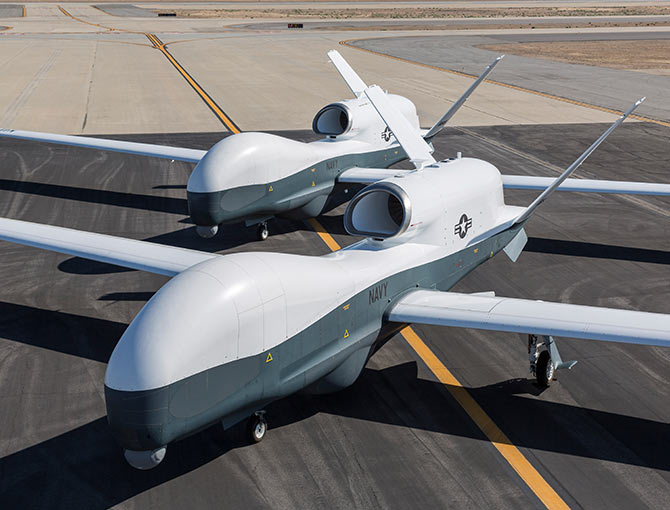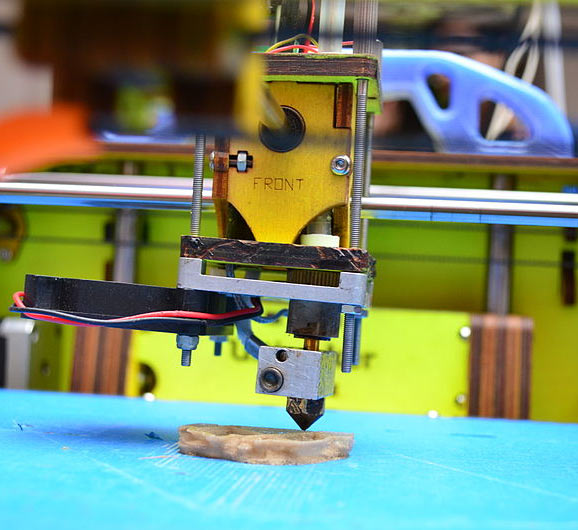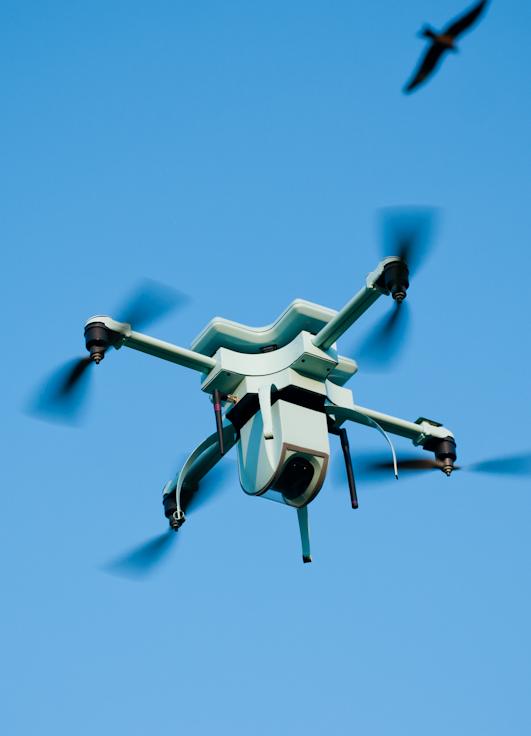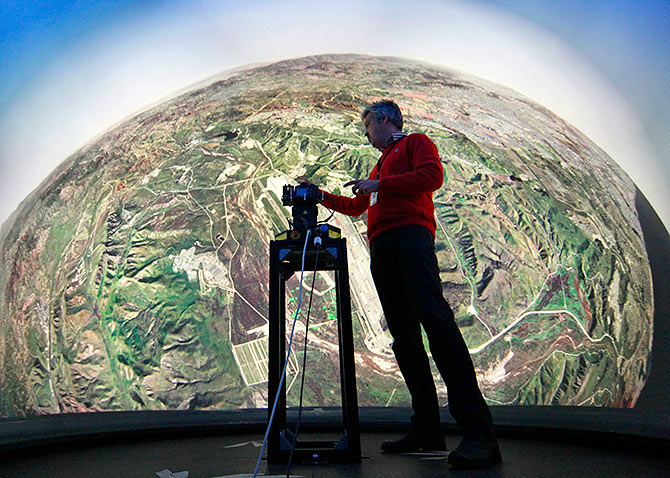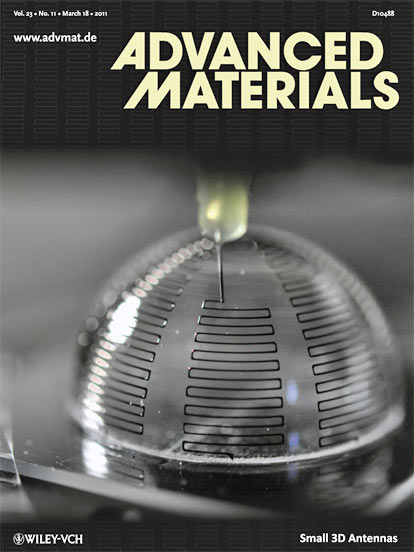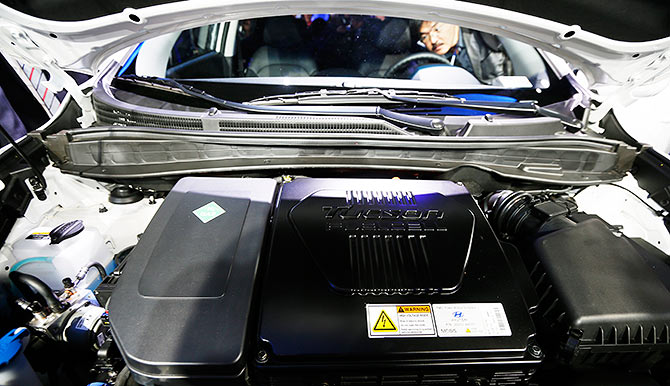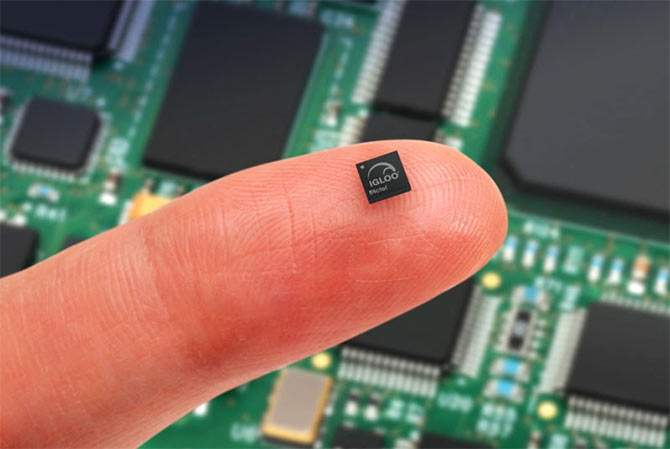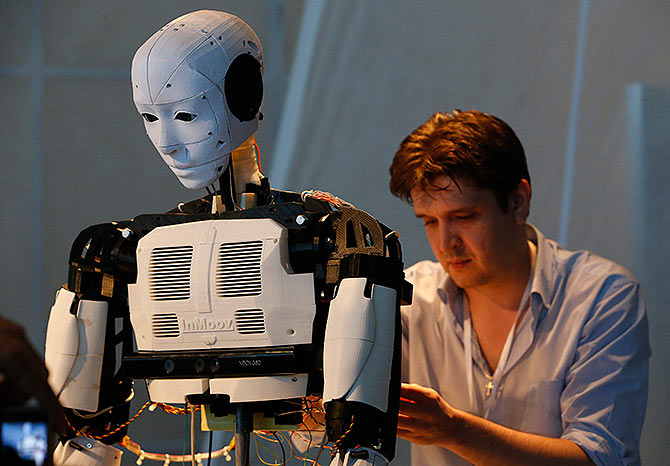 | « Back to article | Print this article |
8 HOT JOBS for young engineers
Facilitating the careers of young engineers in emerging technology domains needs novel approaches to higher-study models
Suseendar, a young aeronautical engineering graduate from Chennai, was always fascinated with studies on 'ornithopters' or 'bird-mimicking unmanned air vehicles (UAV)'. On his graduation, he wanted to pursue a course that could give him a practical insight into UAVs with focus on flight mechanics, micro controllers, sensors and smart materials so that he could develop ornithopters for aerial imagery.
Adithya, a BTech student of Mechanical Engineering, developed deep interest in 3D printing. His aim was to develop a user-friendly desktop manufacturing system that can transform digital designs into physical parts with accuracy and surface integrity. All that he wanted for his higher education was a short-term orientation on the functional aspects of mechatronics and CNC technologies.
Is MTech the answer?
But the only higher-study options that are conventionally available in our country, for these passionate young engineers, are ME or MTech theory sessions and university-specific examination schedules.
As these conventional programmes could not fulfil innate learning needs, Suseendar opted to join a short-term aeronautics programme in Taiwan and Adithya preferred an internship in a start-up company involved in robotics. We come across many instances of this kind in India, as 2-year long PG programmes do not meet the learning objectives of thousands of young engineers, who are often restless in their pursuit for experiential learning opportunities.
Please click NEXT to continue reading
Dr U Chandrasaker is Mentor, Veltech University, Chennai and Director ESCI, Hyderabad
Where are the hot jobs?
Contemporary job markets including start-up enterprises have special place for graduates with product design and development skills. Trained graduates,
who can contribute to developing light-weight composite aero-structures, fuel-efficient engines, multi-functional robots, ergonomically designed machine
tools and consumer goods with aesthetics are sought after, typically by the product design companies.
3D printing, autonomous UAVs, advanced materials, fuel cells, nano technologies, renewable energy systems, robotics, simulation tools and smart structures are among the technologies that are projected as the drivers for future businesses.
3D Printing
3D printing is the buzzword globally and nationally in all those instances wherein design concepts need to be directly transformed into physical objects
without using tools or fixtures. Diverse organisations involved in aeronautics, automotive components, castings, electronics, fashion goods, customised
hearing instruments, jewellery, medical implants, sports goods and space systems deploy 3D printing or additive manufacture to aid their product
development cycles.
Some of the biggest industries in India including Bajaj, BARC, BEL, General Electric, HAL, Honeywell, Infotech, Lucas, Mahindras, Maruti, Nokia, Tata Motors, Titan, TVS, Wipro etc., apply this technology for design visualisation and optimisation.
3D printing has become so ubiquitous that even traditional Indian jewellery houses have started deploying it for quick realisation of ornaments with
intricate design patterns. Most of the global majors involved in additive manufacturing such as Acetech, Germnay; Stratasys, USA; EOS, Germany; 3D Systems,
USA; Renishaw, UK and several others have started full-fledged operations in India.
ESCI, the autonomous educational wing of the Institution of Engineers (India), launched a dedicated 3-month training and certification programme at its Hyderabad campus. Attractive features of this programme include significant focus on experiential learning and direct connectivity with real-world applications from industries.
Training sessions are handled by resource persons from academia and industry experts with an objective that the training programme has to enable the young
engineer to take up independent industry-relevant assignments in 3D printing.
Please click NEXT to continue reading
UAV developments
Current set of UAV applications range from aerial imagery for civil and military purposes, counter operations during terrorist attacks, environmental studies, surveillance of disaster-prone areas, traffic monitoring of highways, urban transportation and many other functions wherein autonomous unmanned
operations are essential.
Organisations like ADE, DC Designs, Drone Aerospace, Idea Forge, NAL, NDRF and numerous other small units are actively involved in developing and deploying
UAVs for important missions.
Jobs and careers in UAV domain continue to grow as multinationals including Amazon and DHL aspire to use UAVs for quick delivery of the consignments ordered to the rooftops of the customers.
Please click NEXT to continue reading
Simulation tools
Simulation technology enables replication of the phenomenon based on certain mathematical formulae and programmes. Advanced computing softwares are used as tools to process the data to understand how the system operates. This domain is largely an amalgamation of applied mathematics and computer science. The applications range from understanding the complex human system to an engine system in a motorbike.
Simulation engineers are in demand in an array of industries including healthcare, gaming, manufacturing, transportation and automobile. Mechanical, Chemical and Computer Engineering departments at many IITs are engaged in the training process through research groups and facilities. Many companies like Schlumberger, BP exploration, GE Oil and Gas need personnel in this domain.
Please click NEXT to continue reading
Advanced materials
The inter-disciplinary field of advanced materials germinates from the research offerings in physics and chemistry. The immense potential in nanotechnology
has been tapped through the synthesis of biomaterials applicable in healthcare.
The domain essentially involves characterisation, synthesis and processing of advanced materials to understand their novel properties. This necessities working on high-end research equipment like, NMR and TEM.
Leading world universities offer postgraduate courses in advanced materials for chemical engineers and others. Graduates are employable in GE Healthcare, TATA Advanced Materials Ltd., Bayer Crop Science India Ltd etc.
Please click NEXT to continue reading
Fuel cells
As one of the emerging specialised fields of chemical engineering, fuel cells have substituted most devices in securing energy efficiency and mobility. With
depleting fossil reserves, fuel cells offer hope for power generation using alternate fuels like hydrogen.
Research in fuel cells is directed at making variants with less power consumption at extreme conditions of temperature by using new-age materials. The engineers are recruited at energy and automobile companies. Select firms like Renault Nissan Technology and Business Centre India Pvt Ltd, Mercedes Benz Research and Development, India look for fuel cells experts.
Please click NEXT to continue reading
Nanotech
The technology unleashes the potential in properties possessed by materials at nanoscale.
For instance, gold which appears red at nanoscale is being increasingly used in medical devices for its unique properties. IITs have well established
research centres for carrying out advanced research in nanotechnology.
Many private players are offering undergraduate and postgraduate degrees in nanotechnology.
Please click NEXT to continue reading
Energy systems
The multi-disciplinary field focuses on developing energy systems for a industries. The domain addresses engineering in line with environment and
energy. This enables an understanding of the global and local impact of energy conversion, distribution in a system to leverage public policy decisions in the long run.
IIT Bombay started master's level programme in 1981 which are now available as integrated BTech-MTech degree programme in Energy Systems Engineering.
Many firms like Siemens Energy, BGR Energy Systems Ltd look for energy systems experts.
Please click NEXT to continue reading
Robotics
The coming together of electrical, computer and mechanical engineering principles creates a foundation for engineering in robotics. Surgeries in healthcare
are assisted by robotic equipment for precision, invasiveness and high efficiency.
Centres for research in mechatronics and robotics have been providing training to researchers at institutes that include IIEST at Shibpur, IIT Bombay
and IIT Madras.
